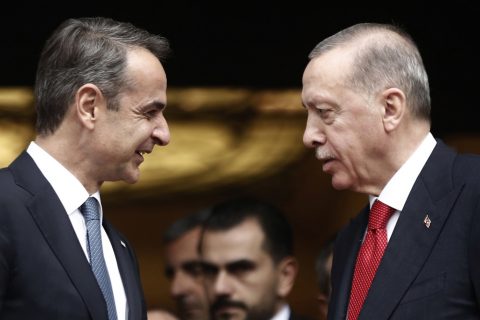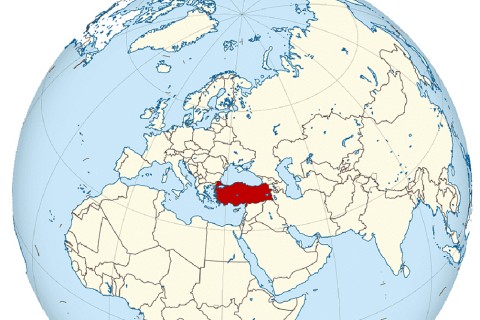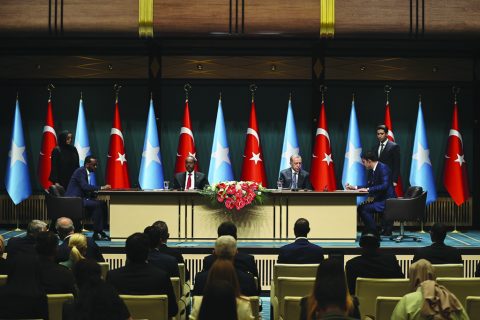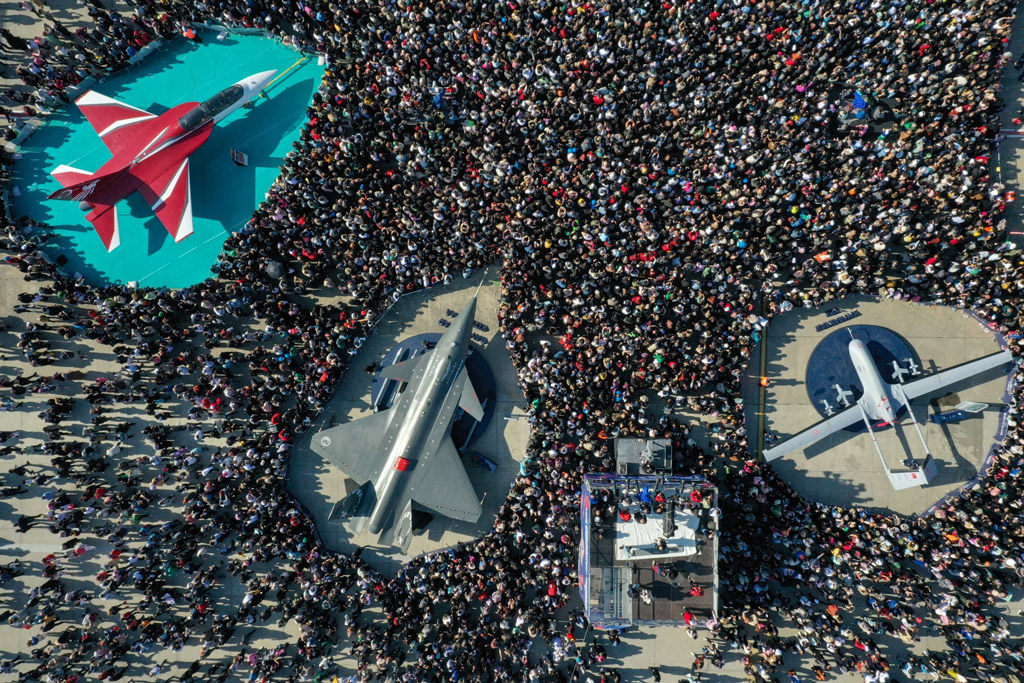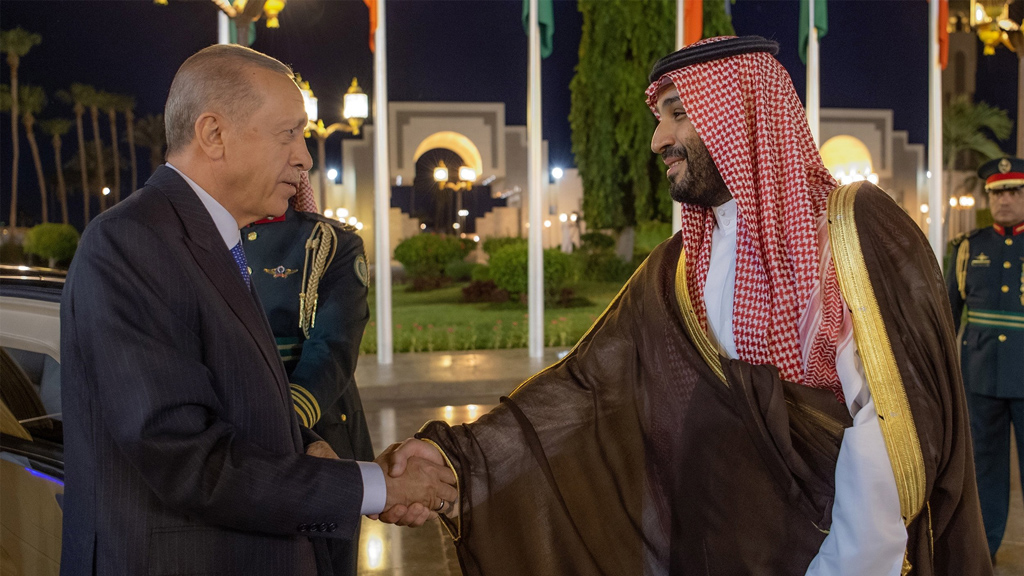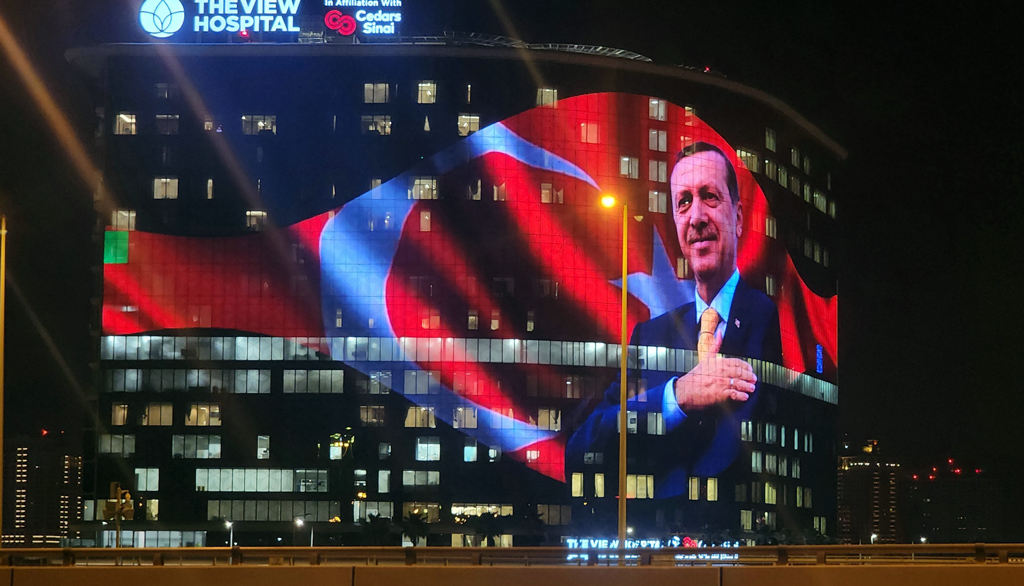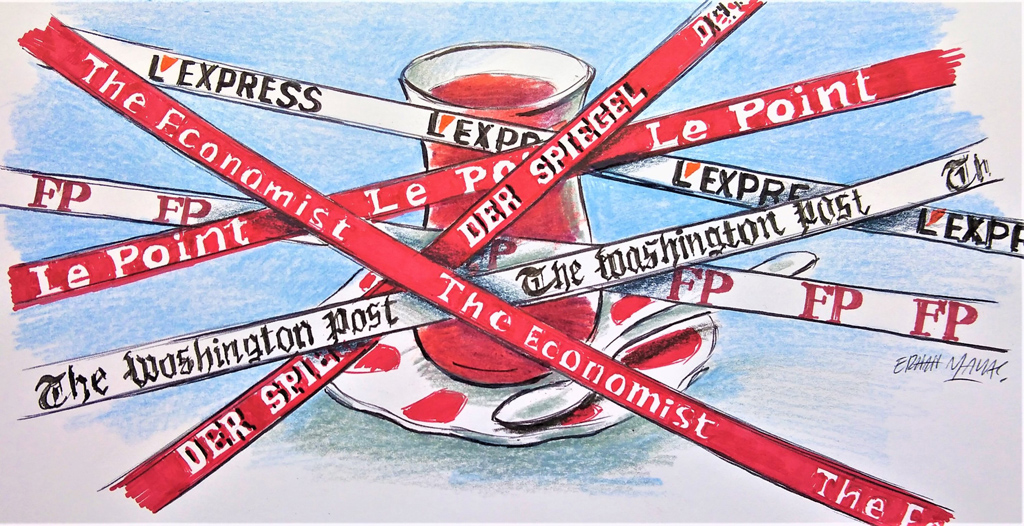Libya
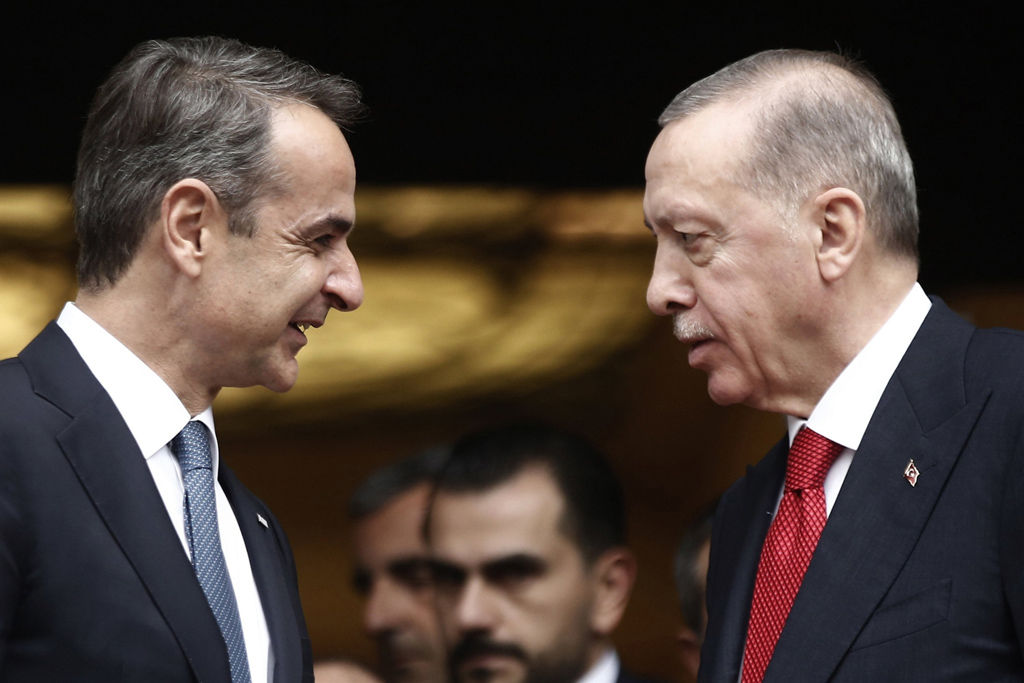
Is strategic consensus between Türkiye and Greece possible?
| OpinionPresident Recep Tayyip Erdoğan’s visit to Greece after six years stands as one of the strongest …
-
Opinion
Is strategic consensus between Türkiye and Greece possible?
By Murat YeşiltaşFor Türkiye, Turkish-Greek relations have shifted from being solely a security concern to a potential axis of cooperation. While prioritizing its foreign policy within a broader geopolitical context, Ankara has chosen to address issues with Greece pragmatically. Nevertheless, changes in the regional strategic landscape, Türkiye’s rising influence, emerging regional challenges and its geopolitical presence in the Eastern Mediterranean following the maritime jurisdiction agreement with Libya have once again placed the relationship on a competitive and security-focused footing.
-
Opinion
Türkiye’s growing geopolitical significance beyond geography
By Burhanettin DuranMerely skimming over the world news, one quickly notices Türkiye’s growing geopolitical significance. Let me elaborate by highlighting four issues, excluding countless others – including migration, armed drones, the Altay tank and Türkiye’s rapprochement with Egypt. Türkiye will host the third international meeting toward the Ukraine peace summit. Ankara pledged to target all PKK terror groups and its Syrian presence YPG assets in Iraq and Syria. Azerbaijan refused to participate in EU-brokered talks with Armenia in Spain, citing Türkiye’s exclusion. Last but not least, the Abu Dhabi-based investment company ADQ is in talks with Türkiye regarding constructing a railroad over the Bosphorus as part of a trade corridor linking Europe with the Middle East and Asia. Obviously, Türkiye’s direct involvement in peace diplomacy, counterterrorism, the South Caucasus region’s stability and energy/logistics corridors does not just relate to its geographical location.
-
Opinion
Türkiye-Africa Relations: A Case Study of Somalia, Nigeria and Libya from Humanitarian and Security Perspectives
By Dolapo FakuadeThis paper explores Türkiye’s relations with Africa, focusing on Somalia, Nigeria and Libya from both humanitarian and security perspectives. To do so, the study employs the concept of soft power in relation to the security and humanitarian policies that Türkiye has adopted on the African continent. Though Türkiye has no significant colonial history on the continent like other European countries, its relations with Africa in recent decades are no secret and continue to strengthen against all odds. From a relationship that stems from historical links with the Ottoman Empire to more promising and positive impacts on the continent in recent years, it is important to understand these ties amidst the increasing distaste expressed by some African nations towards the West. Using examples of Türkiye’s security and humanitarian deployment in Somalia, Nigeria and Libya, it is perhaps no surprise to perceive the relationship between Türkiye and African nations as a dichotomy between humanitarian and security.
Bu Konuda Daha Fazla
-
Turkish defense industry reshaping Türkiye’s state identity
By Murat YeşiltaşIn his addresses on the occasion of the Aug. 30 Victory Day, President Recep Tayyip Erdoğan frequently underscored the imperative of bolstering Türkiye’s military prowess, emphasizing that this stance is not a mere option but a necessity. He avered: “Our bitter experiences have taught us that a robust Türkiye hinges on a strong military. Enhancing the deterrent capabilities of the Turkish Armed Forces (TSK) is not a choice; it’s a necessity for our nation.” While historically, the discourse “strong army, strong Türkiye” was largely employed within the context of Kemalist military narrative to establish the TSK’s supremacy over Turkish politics and reinforce its superior position over political matters, Erdoğan reinterprets it as a pivotal component of a more expansive political narrative.
-
New chapter in Turkish-Gulf ties beyond normalization
By Burhanettin DuranPresident Recep Tayyip Erdoğan visited Jeddah, Saudi Arabia, on Monday as part of his tour of the Gulf states. Over the course of four days, he will visit Saudi Arabia, Qatar, the United Arab Emirates (UAE) and the Turkish Republic of Northern Cyprus (TRNC) with a focus on investments and commercial relations. However, it is possible to argue that Erdoğan’s trip goes beyond strictly economic relations and marks the beginning of a new chapter in Türkiye’s relations with the Gulf.
-
From the July 15 coup attempt to the ‘Century...
By Burhanettin DuranSaturday marked the seventh anniversary of the July 15, 2016, coup attempt in Türkiye – also known as the "Legend of July 15." It is impossible to forget that dark night and the bright morning that followed. The memory of thinking to myself that “this nation and country do not deserve this experience” on the Bosporus Bridge, as prayers filled the sky and our hearts, remains perfectly fresh.
-
Erdogan’s election victory: a new era in Turkish foreign...
By Kadir ÜstünTurkish foreign policy is faced with the task of preserving the gains it has made in various critical issues, from Libya to Azerbaijan, Ukraine to the Eastern Mediterranean, while improving economic relations with Europe, increasing effectiveness within NATO, and managing the impacts of global power shifts.
-
It’s time to challenge the Western media narrative on...
By Burhanettin DuranThe Western media doubling down on its anti-Erdoğan campaign in the home stretch is hardly surprising. In addition to The Economist, which went well beyond endorsing the opposition candidate in Türkiye’s presidential race, publications like Foreign Policy, Le Point, L’Express, Der Spiegel and The Washington Post have been notably involved in the Turkish elections.
